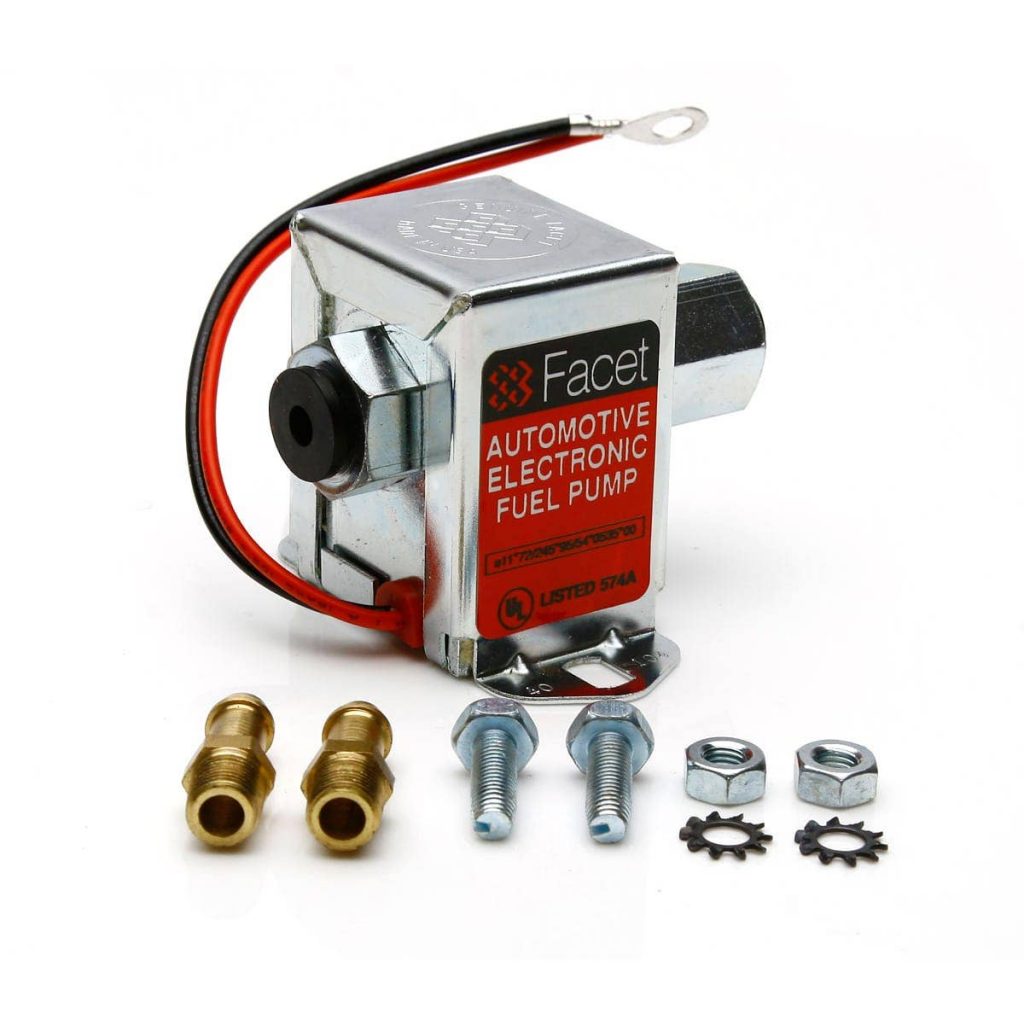The fuel pump is a critical component of any vehicle's fuel system. It ensures that the engine receives a steady supply of fuel at the correct pressure. However, like any mechanical part, fuel pumps can experience issues over time. In this blog post, we will explore various methods to determine if your fuel pump is in good working condition. By understanding the signs and symptoms of a failing fuel pump, you can take proactive measures to prevent potential breakdowns and costly repairs.
- Visual Inspection:
One of the initial steps in assessing the health of your fuel pump is to conduct a visual inspection. Start by locating the fuel pump, which is typically found inside the fuel tank. Look for any signs of physical damage, such as leaks, corrosion, or loose connections. These visual cues can indicate potential issues with the fuel pump. - Fuel Pressure Testing:
To accurately determine the functionality of your fuel pump, performing a fuel pressure test is crucial. This test measures the pressure at which fuel is delivered to the engine. By using a fuel pressure gauge, you can compare the readings with the manufacturer's specifications. If the pressure is too low or inconsistent, it may indicate a faulty fuel pump. - Listening for Unusual Noises:
A failing fuel pump often produces distinct sounds that can serve as warning signs. When the fuel pump is struggling to deliver fuel efficiently, you may hear whining, buzzing, or humming noises coming from the rear of the vehicle. These unusual sounds can indicate a worn-out or damaged fuel pump that requires immediate attention. - Engine Performance Issues:
The performance of your vehicle can provide valuable insights into the health of the fuel pump. If you experience frequent stalling, hesitation, or difficulty starting the engine, it could be a result of a faulty fuel pump. Additionally, a sudden decrease in fuel efficiency or a noticeable loss of power during acceleration may also indicate fuel pump problems. - Diagnostic Tools:
Modern vehicles are equipped with onboard diagnostic systems that can help identify fuel pump issues. Utilizing a diagnostic tool, such as an OBD-II scanner, can provide error codes that specifically point to fuel system malfunctions. These codes can assist in pinpointing the exact problem, whether it's a failing fuel pump or another related component.
Conclusion:
Ensuring the proper functioning of your fuel pump is essential for the overall performance and reliability of your vehicle. By conducting visual inspections, performing fuel pressure tests, listening for unusual noises, monitoring engine performance, and utilizing diagnostic tools, you can effectively determine the health of your fuel pump. Early detection of fuel pump issues can save you from unexpected breakdowns and costly repairs. Remember, if you suspect any problems with your fuel pump, it is always recommended to consult a professional mechanic for a thorough inspection and necessary repairs.




More Stories
A Practical Guide to Industrial Plane Locks: How to Select the Right Plane Lock for Cabinets and Equipment
Reliable Pressure Sensor Solutions for Industrial Applications
Benefits of Automated Food Metal Detectors in High-Speed Production